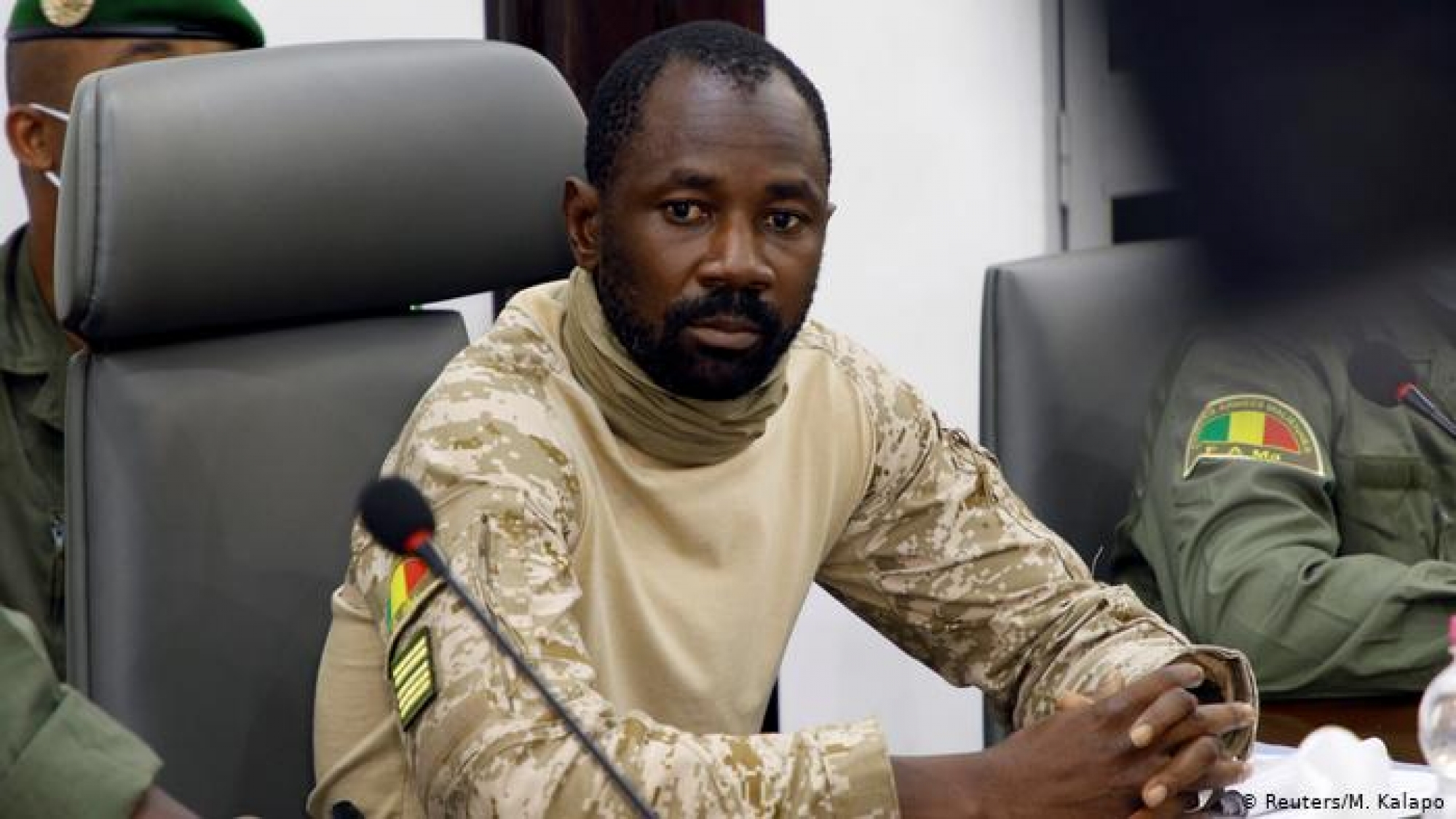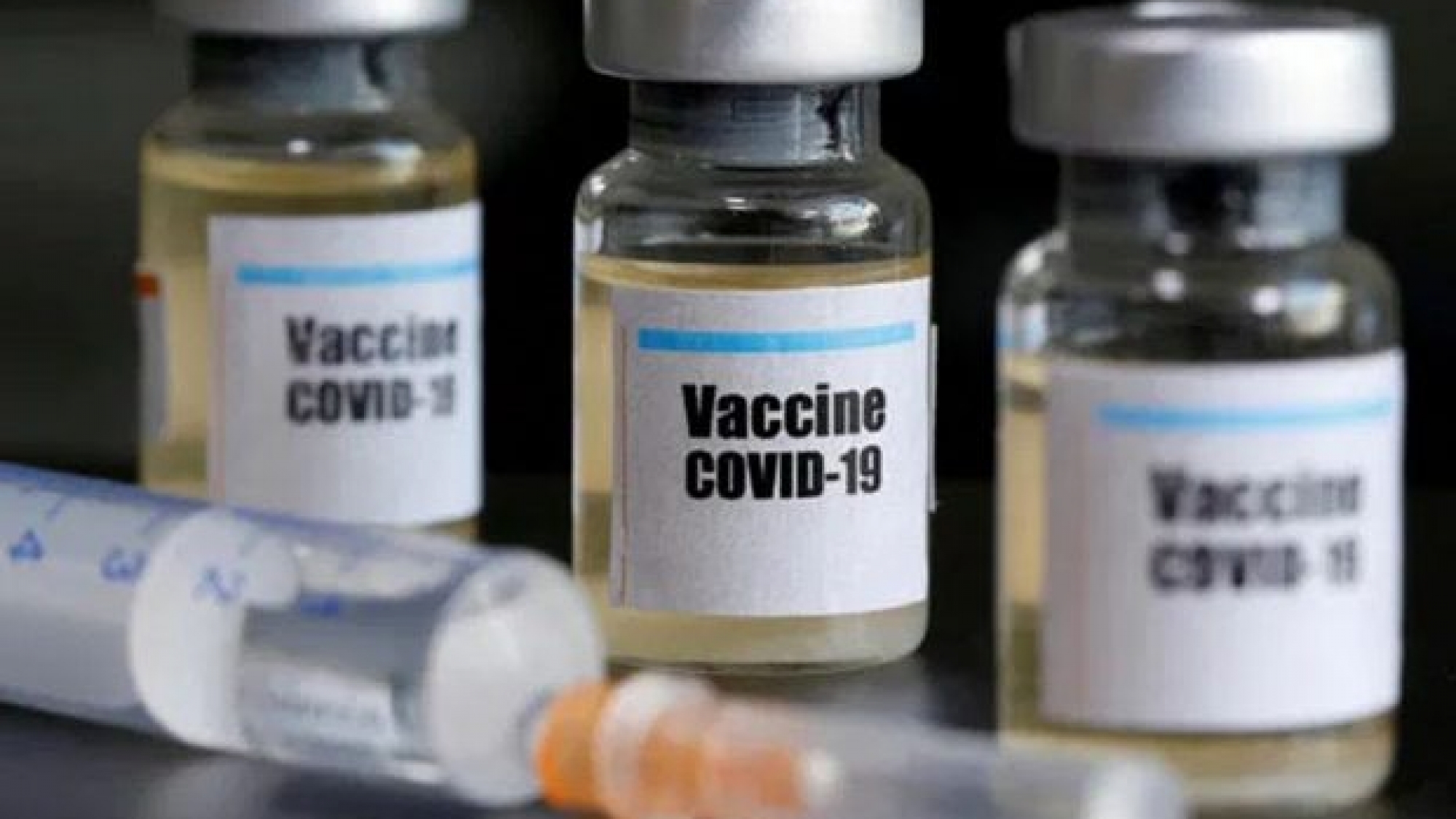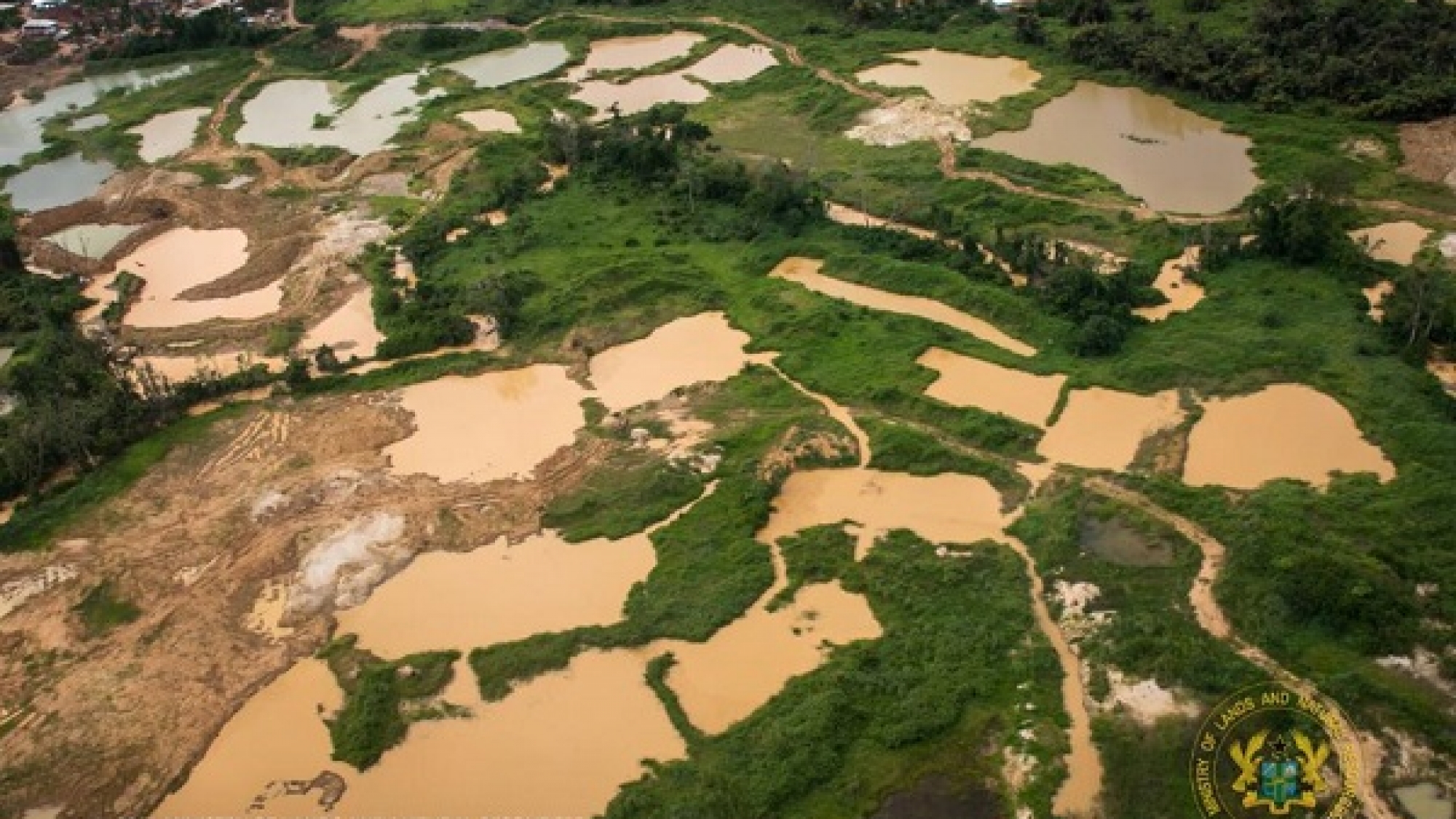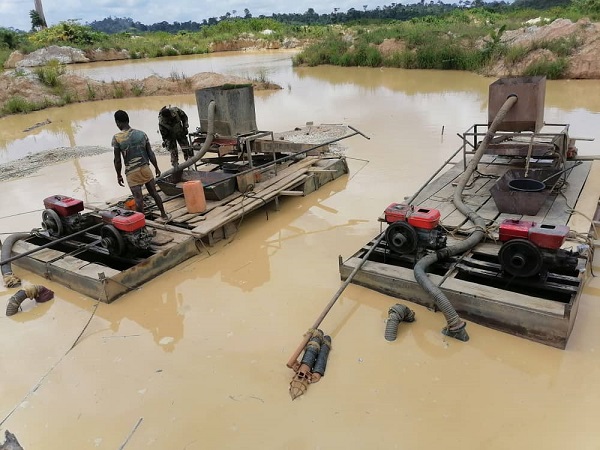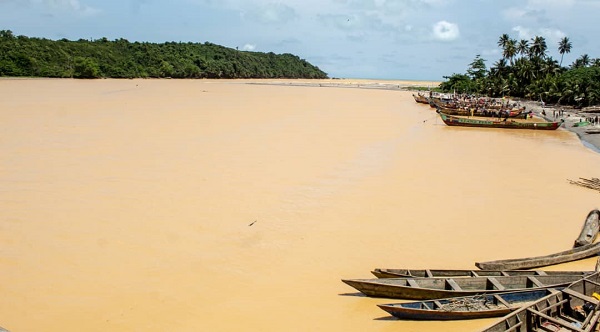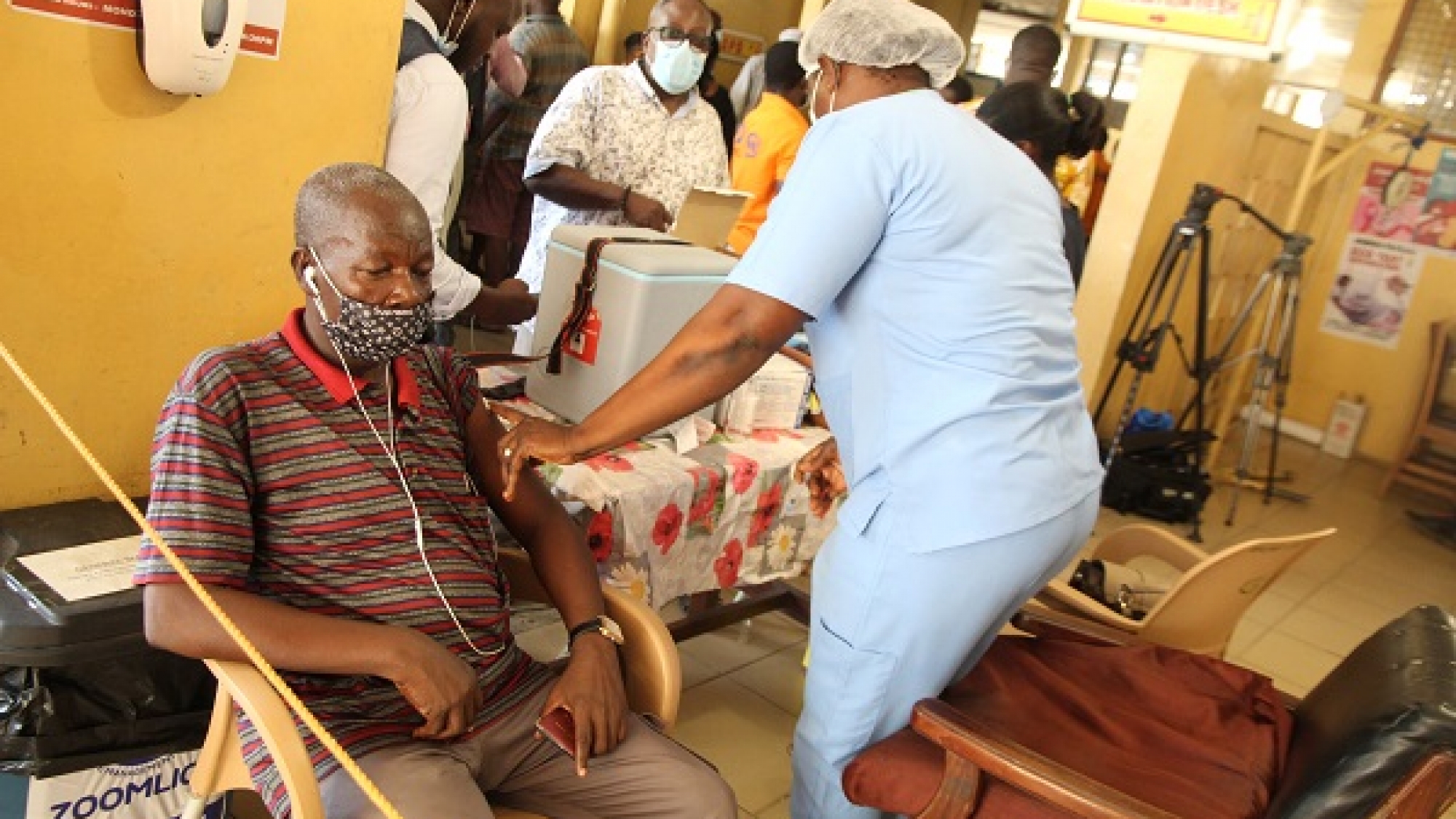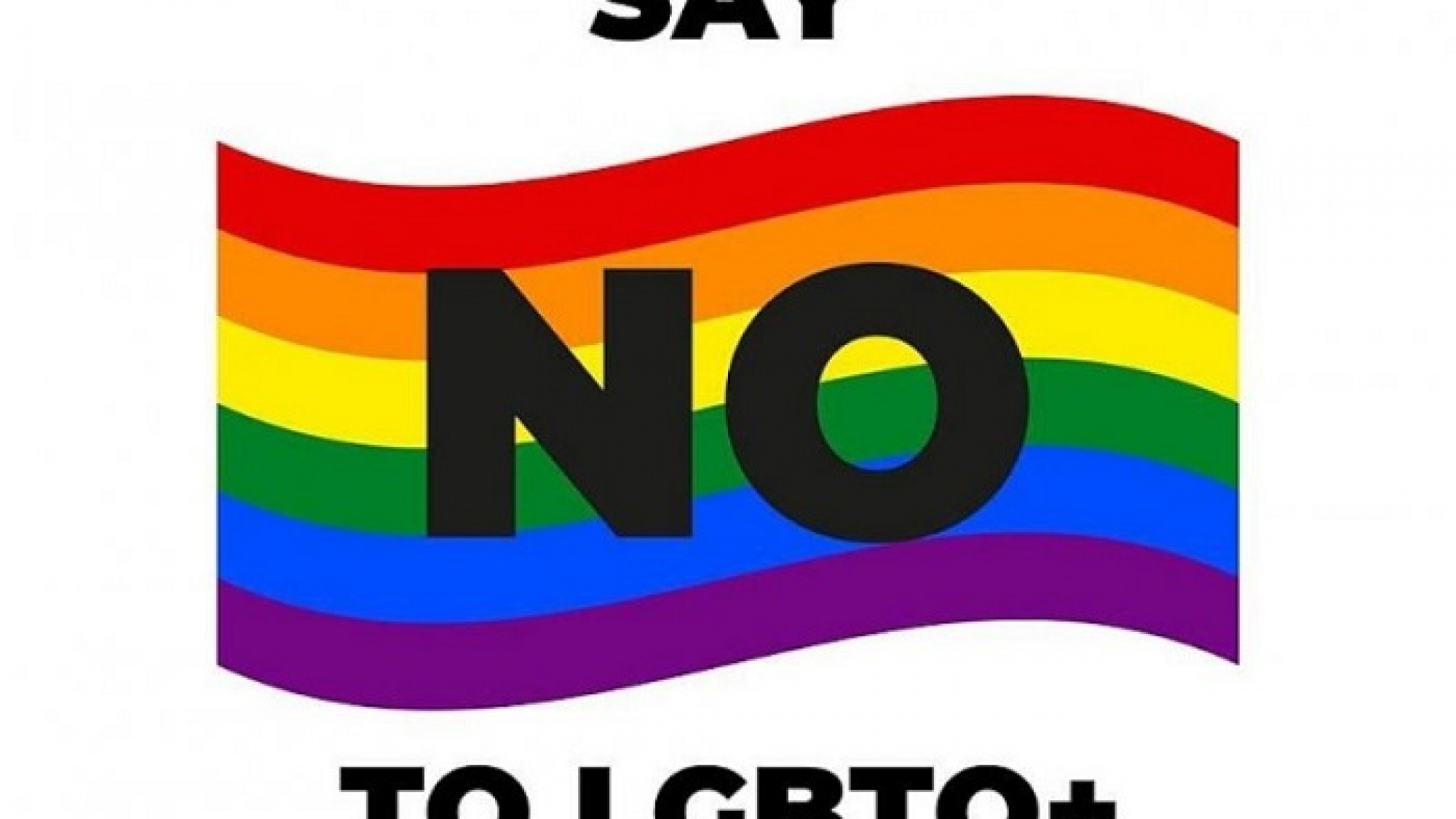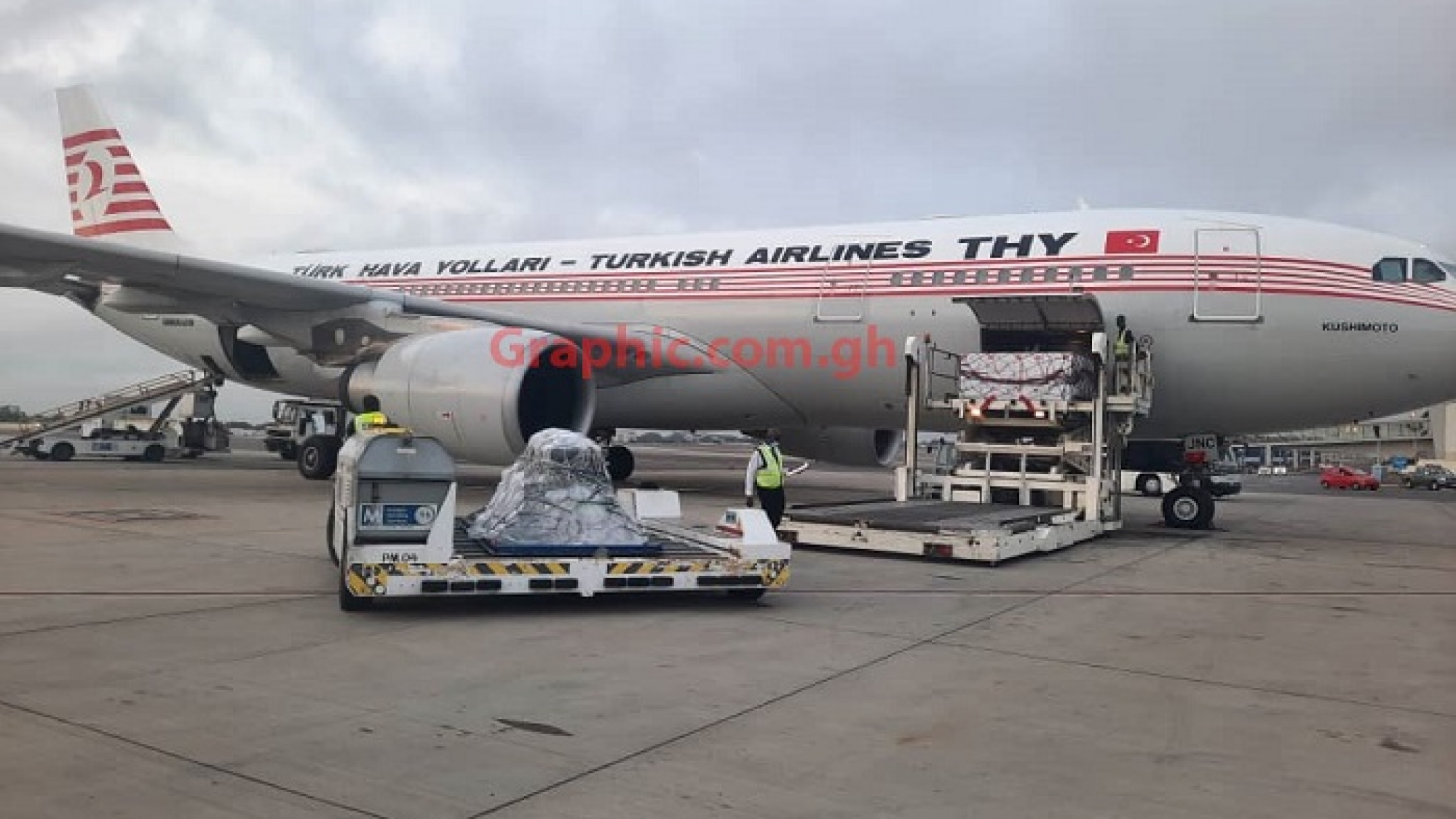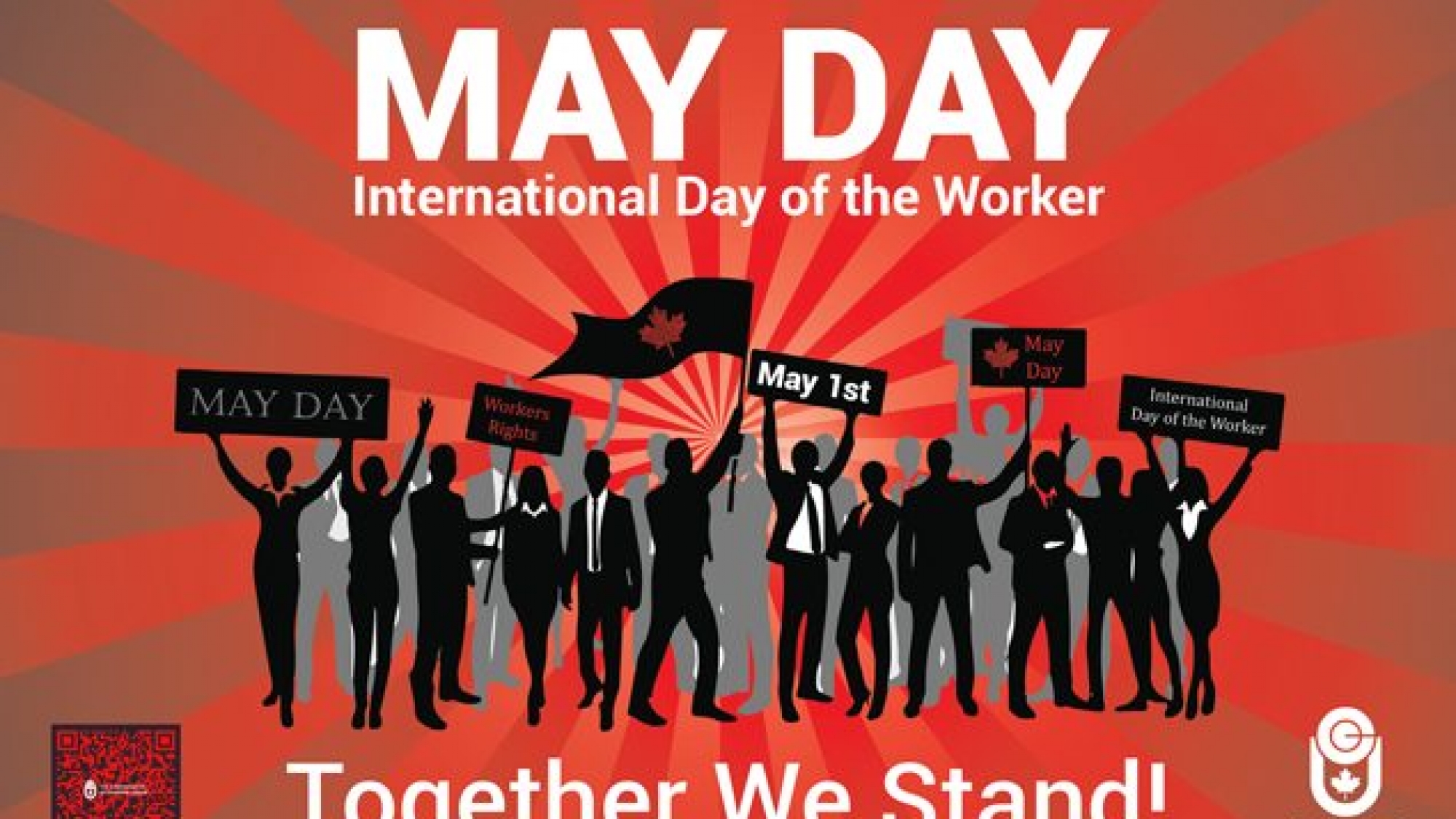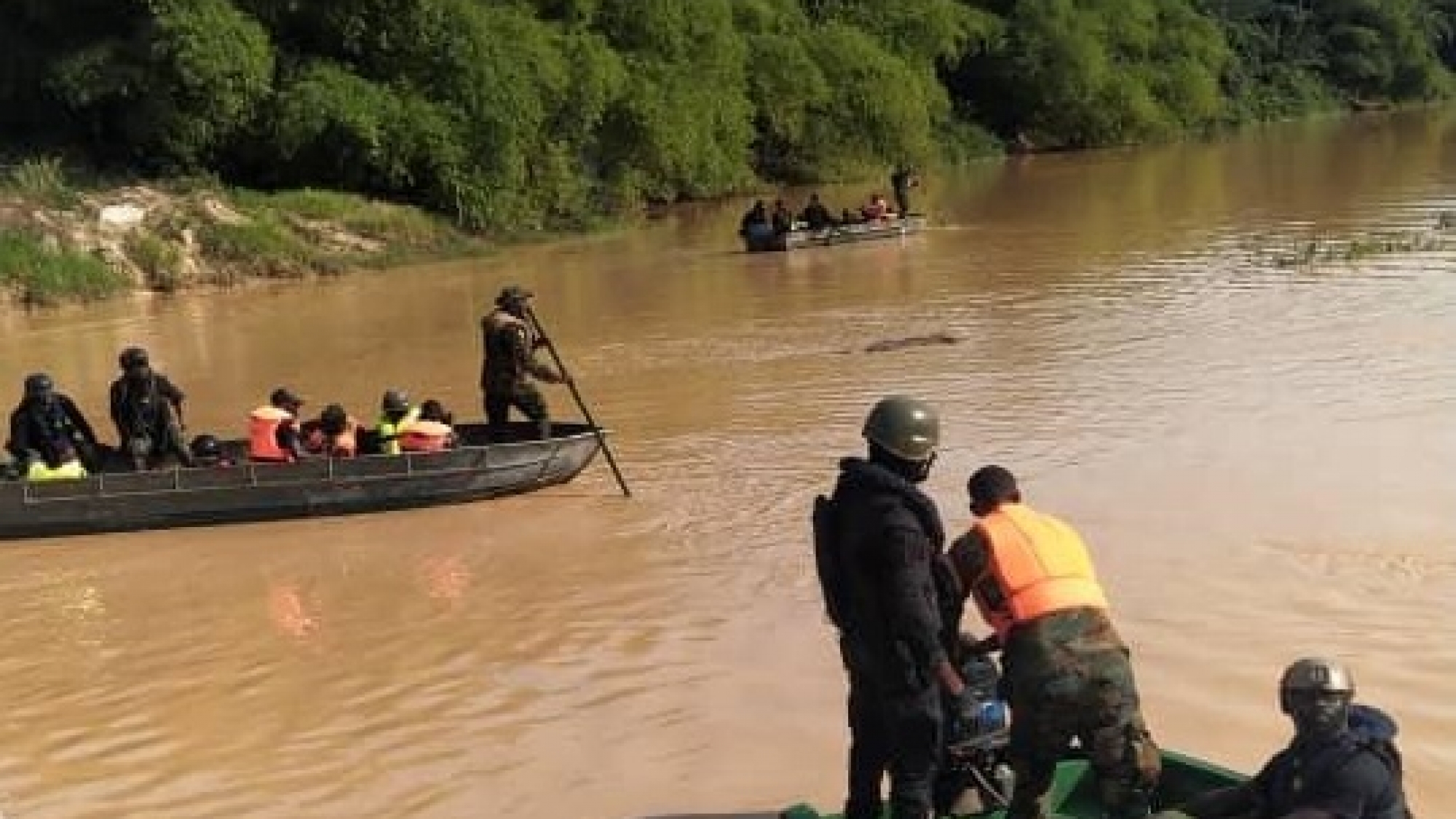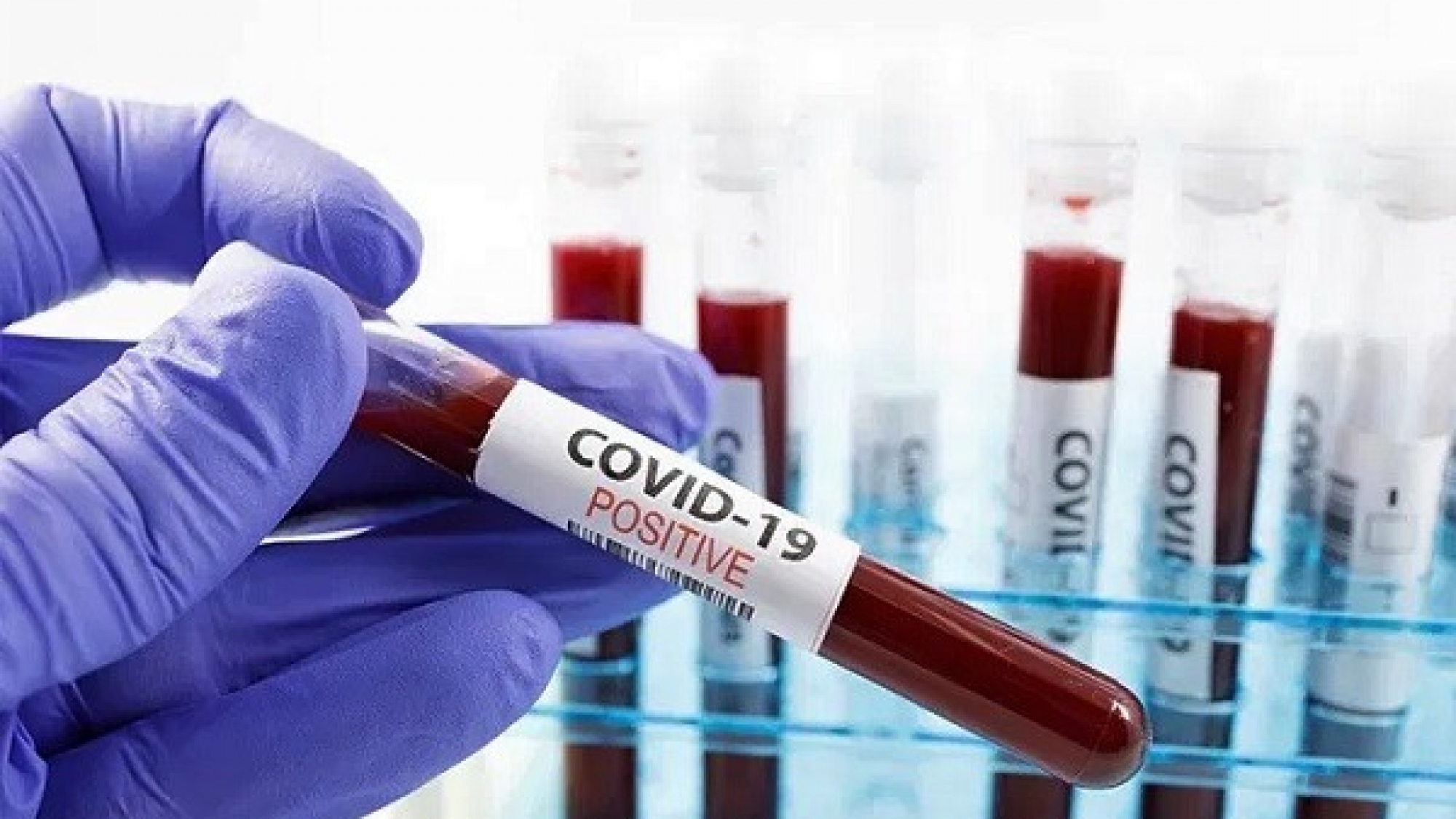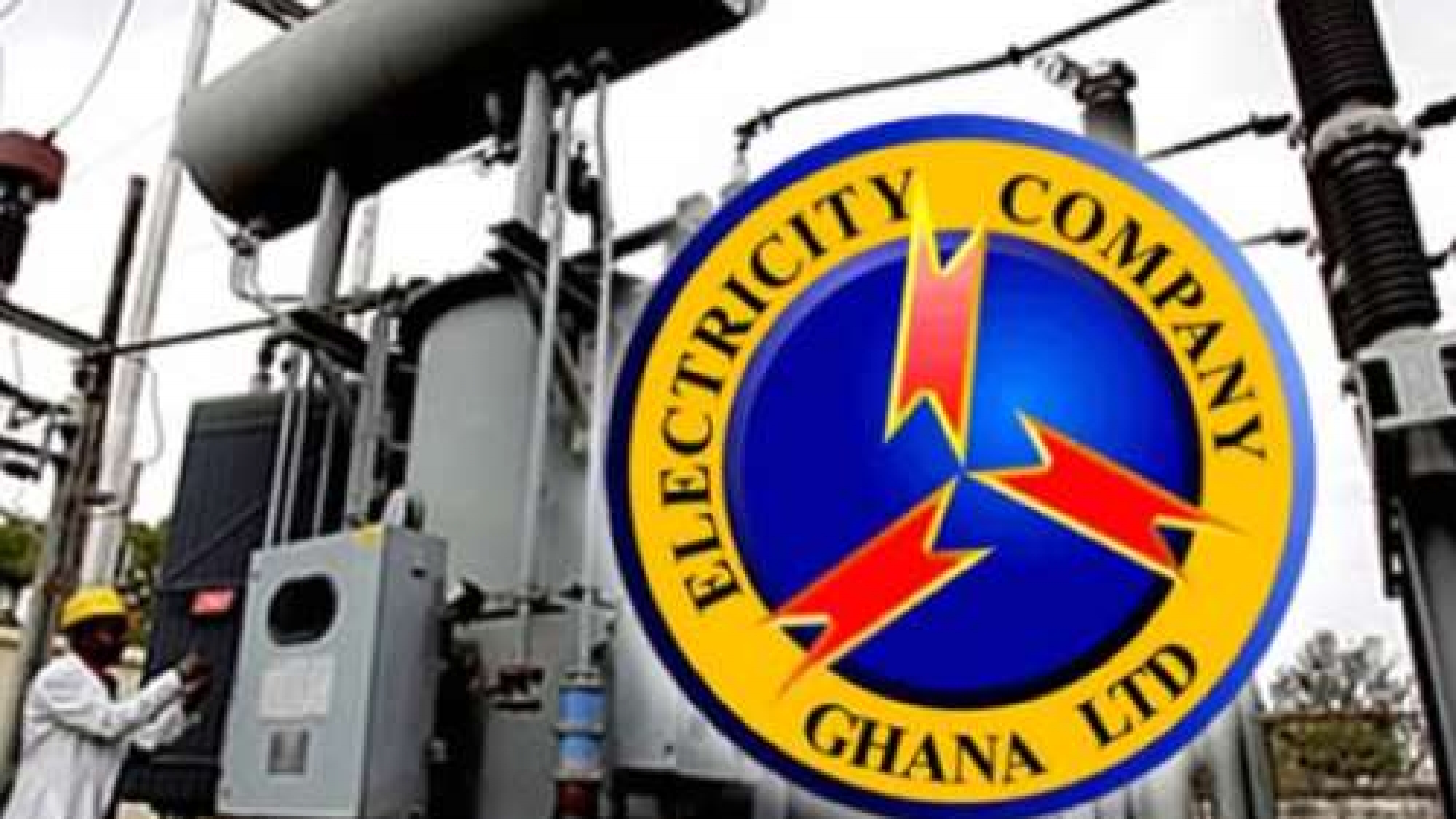The Economic Community of West African States (ECOWAS) has suspended Mali from the regional body over latest coup by the military.
ECOWAS leaders have also ordered the military leaders who are currently in charge of the nation to restore the transitional arrangement put in place in August 2020.
The hope is that this move will ensure that the troubled West African state returns to a democratic rule by February 2022.
ECOWAS heads of state held an emergency extra-ordinary summit in Ghana’s capital Accra on Sunday for deliberations.
In a communique, the ECOWAS leaders reiterated “the earlier decisions that the Head of the transition, the Vice-President and the Prime Minister of the transition should not, under any circumstances, be candidates for the forthcoming Presidential election and reaffirmed” ECOWAS’ support to accompany the transition process in Mali.”
Ghana’s Minister for Foreign Affairs and Regional Integration, Shirley Ayorkor Botchwey, said the ECOWAS leaders expect the Malian Military junta to work closely with the ECOWAS Secretariat to ensure that the existing transitional arrangement is restored by first appointing a civil Prime Minister to lead the process.
“The decision of the heads of state is to go according to the protocol on democracy and good governance to suspend Mali from ECOWAS but at the same time, work with ECOWAS to ensure that the transition is on track towards the end goal which is to return the people of Mali to democratic rule,” Shirley Ayorkor Botchwey said.
The military in Mali led by Colonel Assimi Goïta seized power and declared himself president last week.
This follows the detention and subsequent resignation of the civilian interim president Bah Ndaw and Prime Minister Moctar Ouane last week.
Both men were accused by the military of stalling the transition process in the country after last year’s coup that toppled President Keita.
“In choosing between disorder and cohesion in the defence forces and security, we have chosen cohesion in the defence forces and security because it is in the nation’s best interests,” Goïta said on Friday.
Source: Africafeeds.com





